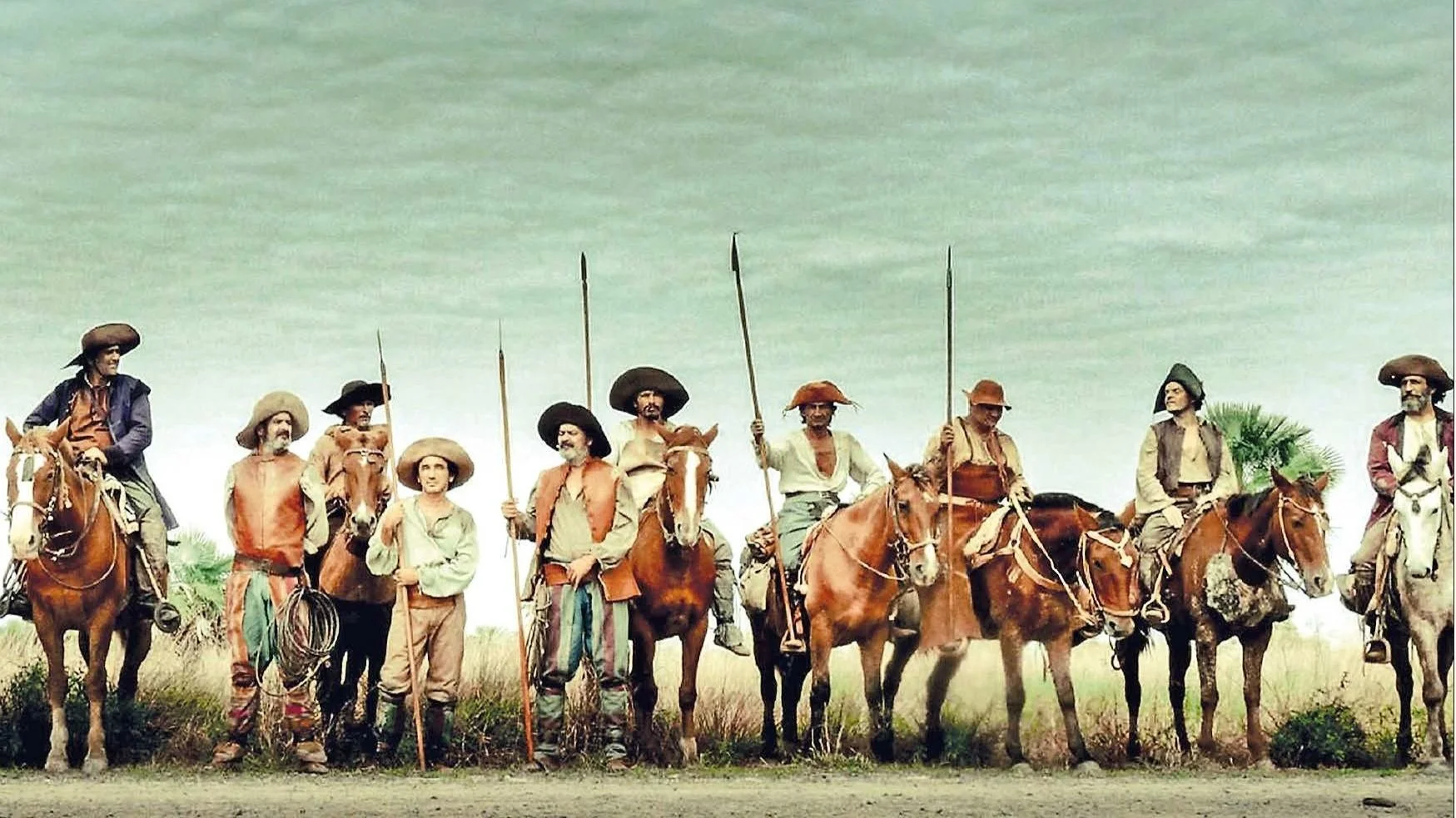Zama
A new film from Lucrecia Martel is no less demanding than its predecessors.
This is only the fourth feature from the Argentinian filmmaker Lucrecia Martel but her international reputation is unquestionable and the gap of almost a decade between The Headless Woman of 2008 and this new piece has only added to the expectations of her admirers. Judging by reviews from the 2017 Cannes Film Festival, Zama has not disappointed them and any readers of this review who have enthused over her earlier films (the first two were La Ciénaga and The Holy Girl) should not be discouraged from seeking out this new work. The fact is that I have always found Martel less than audience-friendly seeing her as all too ready to be enigmatic and in danger of becoming pretentious. In theory, Zama sounds very different from its predecessors (it is indeed her first period piece and is set on the Asunción coast in the 18th century when it was governed on behalf of the king of Spain). However, the demands made on the viewer are of the same order as before, which is why potential viewers who have seen her earlier work can be guided by how they reacted then.
Zama (Daniel Giménez Cacho) is the long-serving magistrate all too anxious to be transferred so that he can be reunited with his wife and children. He has persuaded himself that this is likely to happen, but there is in reality little chance of it since letters of petition to the king written on his behalf have yielded nothing. The governor handles this for him, but governors come and go and promises to write again are made conditional or are delayed (there is nothing here to suggest the physical world of Kafka but the principle is the same). There are hints even in the film’s first scenes that this situation is putting Zama off-balance mentally and making him subject to hallucinations.
Some may see Martel’s film as a comment on colonialism, but the world it depicts is arguably a metaphor for something wider (the music used includes an ironically light and rhythmic theme redolent of the mid-20th century). Either way, the focus is very much on Zama since other figures (the influential wife of the treasury minister, an employee condemned for writing a book in government time, a supposedly eliminated brigand whose reputation has turned him into a bogeyman) all feature in only part of the narrative. The fact that Zama derives from an existential novel may mean that the storyline was always somewhat secondary. In any case I found that the film, fusing an often confusing narrative with a depiction of Zama’s mental state, made for a demanding experience without ever communicating insights of a kind that might justify that approach. Many audiences appear to have found Zama boring: many critics have praised it to the skies. The one certainty is that it will prove divisive.
MANSEL STIMPSON
Cast: Daniel Giménez Cacho, Lola Dueñas, Matheus Nachtergaele, Juan Minujin, Nahuel Cano, Mariana Nunes, Carlos Defeo, Rafael Spregelburd, Jorge Roman.
Dir Lucrecia Martel, Pro Benjamin Domenech, Santiago Gallelli, Magias Roveda and Vania Catani, Screenplay Lucrecia Martel, adapted for the novel by Antonio Di Benedetto, Ph Rui Poças, Art Dir Renata Pinheiro, Ed Miguel Schverdfinger and Karen Harley, Costumes Julio Suárez.
Rei Cine/Bananeira Filmes/El Deseo/Patagonik/MPM Film/Canana/Lemming Film/Bertha Foundation-New Wave Films. 115 mins. Argentina/Brazil/Spain/France/Mexico/The Netherlands/Portugal/ USA/Lebanon/UK/Dominican Republic. 2017. Rel: 25 May 2018. Cert. 15.


